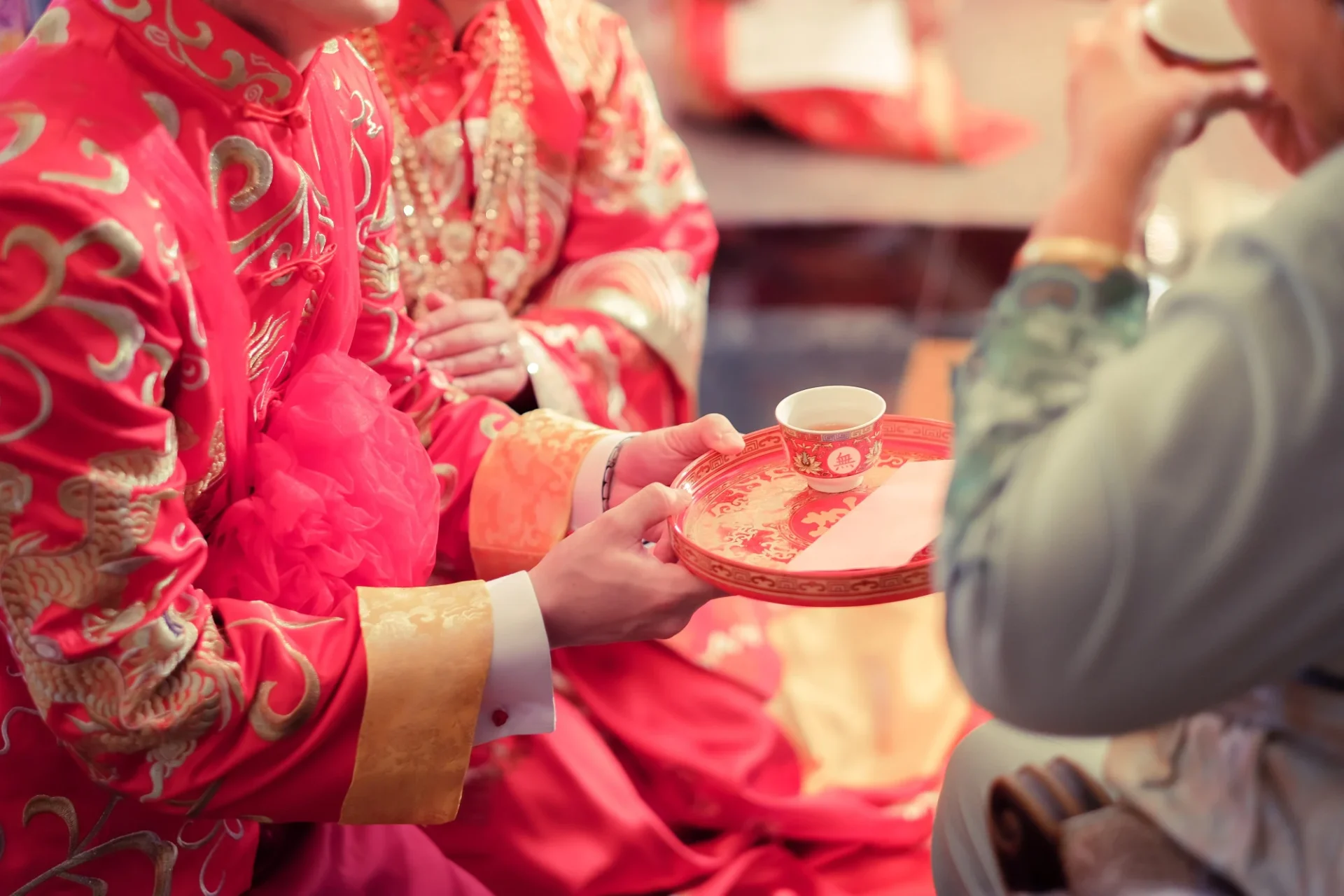The families of a Chinese couple who tragically died in a car accident decided to find closure by holding a “ghost marriage” in their honor. Yang Jingshan, 31, an international referee for the Malaysia Dragon and Lion Dance Sports Association, and his 32-year-old girlfriend, surnamed Li, who worked at a food processing factory in Malaysia, had been in a relationship for three years. Yang had planned to propose to Li in Thailand in June, but their lives were cut short when their car overturned on May 24 in Perak, northwestern Malaysia.
In their grief, the families of Yang and Li decided to perform a “ghost marriage” to ensure that the couple would be united as husband and wife in the afterlife. They also created wedding photos for the pair, reflecting their love and commitment. In Chinese culture, a “ghost marriage” typically refers to marrying deceased individuals to ensure they fulfill their earthly wishes and find peace in the afterlife, preventing them from haunting the living.
There are two primary types of ghost marriages. The first involves couples who died before or shortly after engagement, with their grieving parents arranging a wedding ceremony and burying them together. The second type involves matching deceased individuals posthumously through a matchmaker, much like an arranged marriage among the living. Families seek a suitable partner for their deceased loved ones, considering factors such as background, occupation, age, and compatibility. A wedding is then held, and the bodies are exhumed and reburied together.
The tradition of ghost marriages is influenced by Chinese culture and is also present in other East Asian countries like North Korea and Japan. According to Chinese folklore expert Huang Jingchun, the practice helps meet the emotional needs of relatives mourning their deceased loved ones. He explains that the living seek comfort and relief from anxiety through these ceremonies, whether out of longing and compensation for the deceased or their own interests.
However, the practice has a darker side. Despite being banned by the Chinese government, ghost marriages still occur in remote areas, particularly in northern China. In some cases, the bodies and ashes of young women are bought and sold for ghost marriages. In 2016, a man from Gansu province murdered two women with mental health conditions and sold their bodies for ghost marriages, receiving a death sentence in 2021. In November 2021, the ashes of a female internet celebrity in Shandong province were stolen by funeral home staff and sold for a ghost marriage, earning the culprits substantial sums.
Chinese authorities have been actively clamping down on such practices. Stealing, desecrating, or destroying a corpse can result in a prison term of up to three years, reflecting the government’s efforts to curb this ancient yet controversial tradition.
READ MORE:
